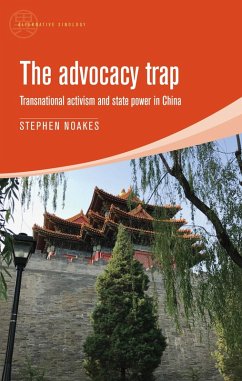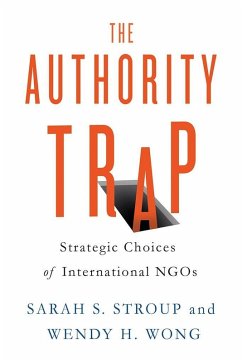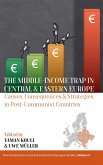What does China's rise mean for transnational civil society? What happens when global activist networks engage a powerful and norm-resistant new hegemon? This book combines detailed ethnographic research with cross-case comparisons to identify key factors underpinning variation in the results and processes of advocacy on a range of issues affecting both China and the world, including global warming, intellectual property rights, HIV/AIDS treatment, the use of capital punishment, suppression of the Falun Gong religious movement, and Tibetan independence. Built on a unique blend of comparative and international theory, it advances the notion of "advocacy drift"-a process whereby the objectives and principled beliefs of activists are transformed through interaction with the Chinese state. The book offers a timely reassessment of transnational civil society, including its power to persuade and to leverage the policies of national governments.
Dieser Download kann aus rechtlichen Gründen nur mit Rechnungsadresse in A, D ausgeliefert werden.









